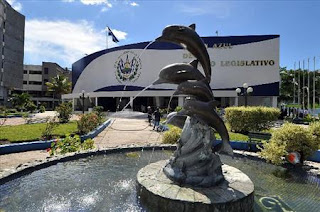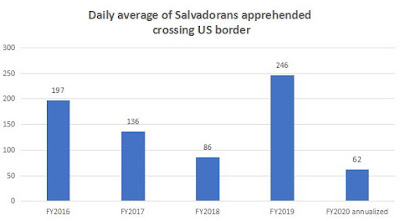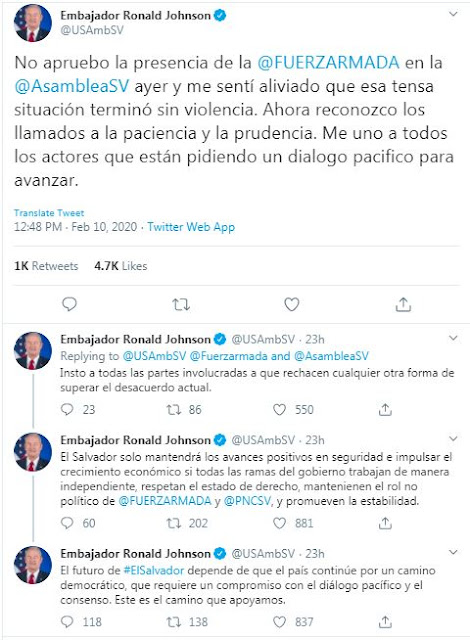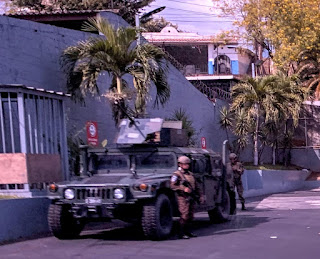The vote of the Salvadoran diaspora

Thursday El Salvador's Legislative Assembly voted to override a veto from president Nayib Bukele and approved a measure expanding the ability of Salvadoran citizens living outside of the country to vote. Previously Salvadorans in the diaspora could only vote in presidential elections. Now they will be able to vote for deputies in the Legislative Assembly and members of municipal government as well. The expansion of the vote was necessary to comply with a prior ruling of the Constitutional Chamber of El Salvador's Supreme Judicial Court. The idea that a Salvadoran citizen living in Toronto, Canada for the past thirty years should be able to vote for the mayor of the town of Suchitoto and legislative deputies from the department of Cuscatlán, is not immediately obvious. Yet if that Salvadoran residing in Canada shows she has ties to Suchitoto, that is now her right. The new law requires Salvadorans to enroll to vote in a municipality by showing that they have...






